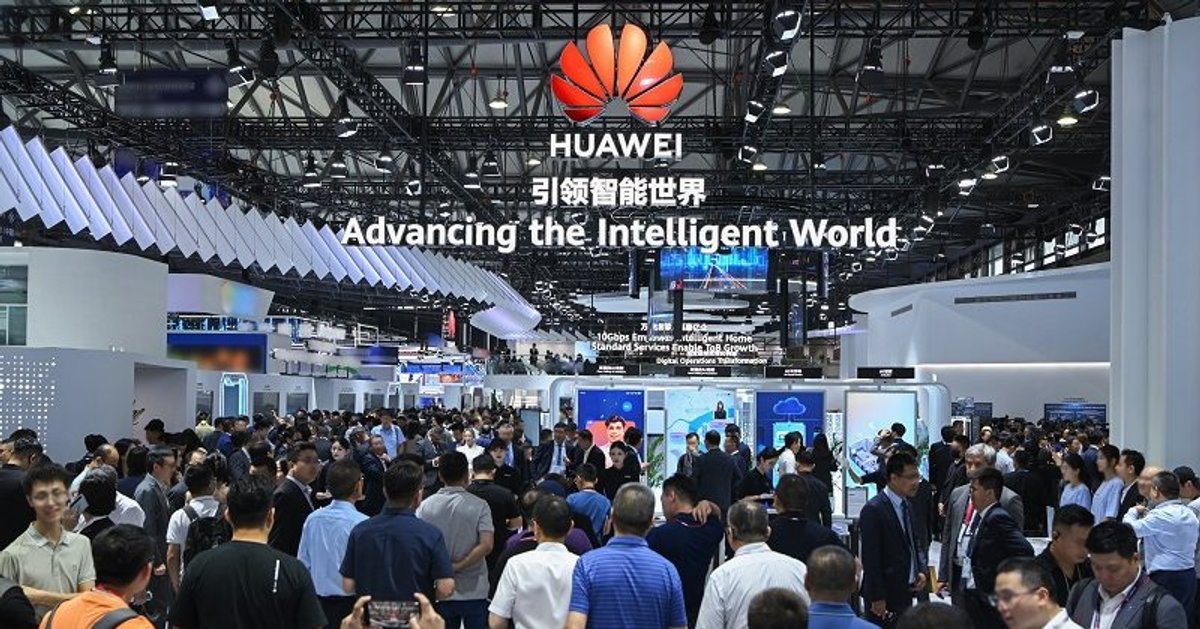NATO and the EU press China to help stop North Korea’s support for the war on Ukraine
BRUSSELS (AP) — NATO and the European Union are ramping up efforts to persuade China to help get North Korea to stop sending troops and other support to Russia to back its war on Ukraine.
Up to 12,000 North Korean troops have been sent to Russia’s Kursk border region to help beat back Ukrainian forces there, according to U.S., South Korean and Ukrainian intelligence assessments. NATO says Russia is sending missile technology to North Korea in return.
With Russia exploiting its military advantage in Ukraine, the United States wants its allies to exert political pressure on China to rein in North Korea. Since Pyongyang and Beijing established diplomatic ties in 1949, their relationship has been described as being “as close as lips and teeth.”
One political lever is the threat of any increased Western activity in China’s backyard, the Asia-Pacific region. Just last week, the EU sealed security pacts with regional powers Japan and South Korea.
In an opinion piece for Politico last week, NATO Secretary-General Mark Rutte said that “China bears particular responsibility here, to use its influence in Pyongyang and Moscow to ensure they cease these actions. Beijing cannot pretend to promote peace while turning a blind eye to increasing aggression.”
On a visit to Latvia on Thursday, Rutte warned that the exchanges of missile technology in particular pose “a direct threat, not only to Europe, but also to Japan, South Korea and the U.S. mainland.” Japan, South Korea, Australia and New Zealand now regularly attend NATO meetings.
On Wednesday, after talks with U.S. Secretary of State Antony Blinken, he also said that “the Euro-Atlantic and the Indo-Pacific really have to be seen as one theater, and not as two separate ones,” and that “our security, therefore, now more and more is global, and we have to look at this as a global issue.”
While North Korea and Russia have moved significantly closer, many observers say China is reluctant to form a three-way, anti-West alliance with them as it prefers a stable security environment to tackle economic challenges and maintain relationships with Europe and its Asian neighbors.
In a blog published on Thursday, EU foreign policy chief Josep Borrell detailed his recent trip to Japan and South Korea, where North Korea’s troop deployment and other assistance to Russia was on the agenda.
“This marks an escalation of the utmost seriousness, which was of course at the heart of our discussions with the Japanese and South Korean leaders,” wrote Borrell, who also held talks with Blinken on Wednesday.
Borrell hailed the conclusion during his trip of new security and defense partnerships with Japan and South Korea, “the first ones outside Europe.”
“The EU was certainly not born as a military alliance but, in the current geopolitical context, it can and must also become a global security provider and partner,” he wrote.
Blinken said this week that the Biden administration is determined in its final months to help ensure that Ukraine can keep fighting off the full-scale invasion next year by sending as much aid as possible to hold Russian forces at bay or strengthen its hand in any peace negotiations.
Related
The beautiful European island that grows by 1.9 inches every…
A stunning island in Europe grows by 1.9 inches every year thanks to its unique position between two tectonic plates.Known as the land of fire and ice, Iceland
The huge £6.2bn tunnel linking two European countries across the…
The mega-project, tunnelling 18 kilometres and 40 metres below sea level, will connect the German island of Fehmarn with Lolland in Denmark in what is set to be
Sensational European comeback? Cristiano Ronaldo could reunite with ex-coach but…
Cristiano Ronaldo‘s career continues to defy age and expectations, and rumors now suggest he may be contemplating a stunning return to European soccer. Specul









